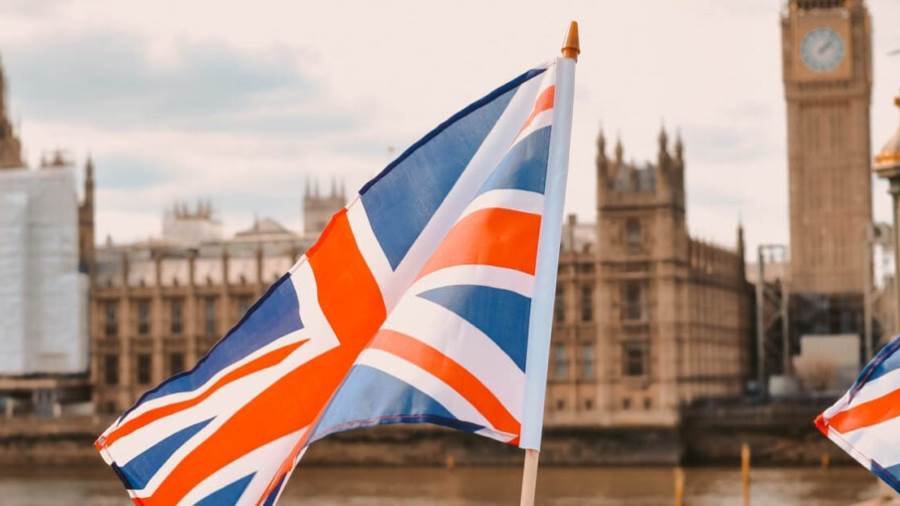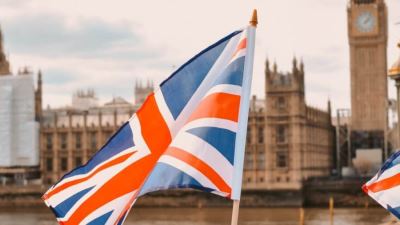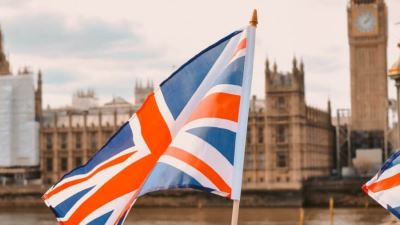UK Inflation Rises to 3.8% in July, Surpassing Forecasts and Keeping Pressure on Bank of England


Britain’s consumer price inflation accelerated to 3.8% in July, up from 3.6% in June, according to official figures released on Wednesday. The reading came in slightly above economists’ expectations of 3.7% in a Reuters poll and matched the Bank of England’s own forecast.
Earlier this month, the BoE cut interest rates following a narrow 5-4 vote, but policymakers signaled they would slow the pace of future reductions as inflation remains well above the 2% target. The central bank now expects inflation to hit 4% in September and to stay above target until mid-2027.
UK inflation continues to outpace that of the U.S., where July consumer prices stood at 2.7%, and the eurozone, where inflation is projected to remain close to the European Central Bank’s 2% goal in the coming years.
The persistence of high inflation in Britain reflects unique domestic pressures, including sharp increases in energy and utility bills since April, as well as structural labor market tightness exacerbated by Brexit. Wage growth has begun to slow but remains elevated at around 5%, a level seen as too high to allow inflation to fall quickly back to target.
Employers also cite higher corporate taxes and a sharp rise in the minimum wage as factors forcing them to raise prices. Data from the Office for National Statistics last week painted a picture of an economy resilient enough to sustain inflationary pressures, with stronger-than-expected GDP growth in the second quarter and signs of stabilization in the labor market despite ongoing job losses.






















